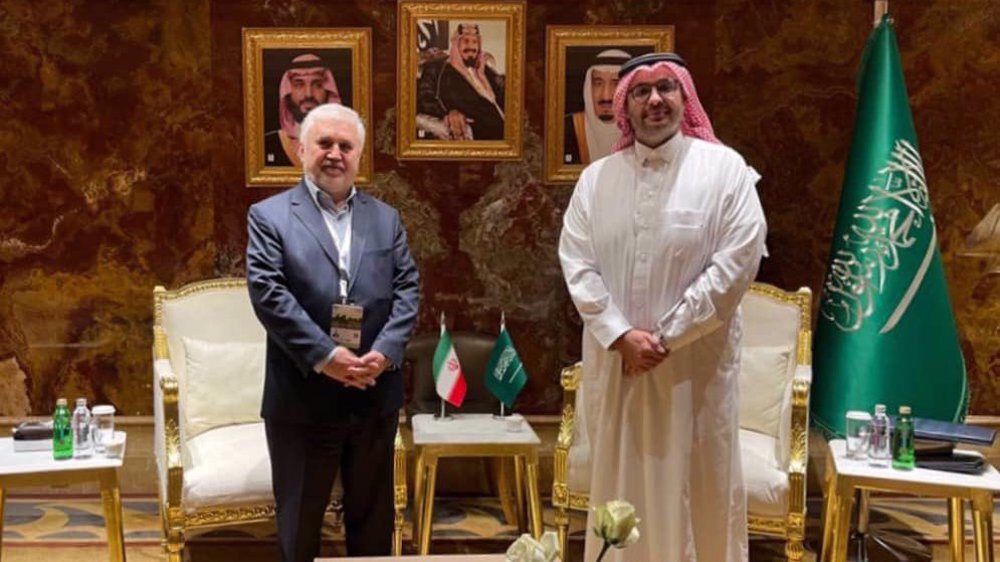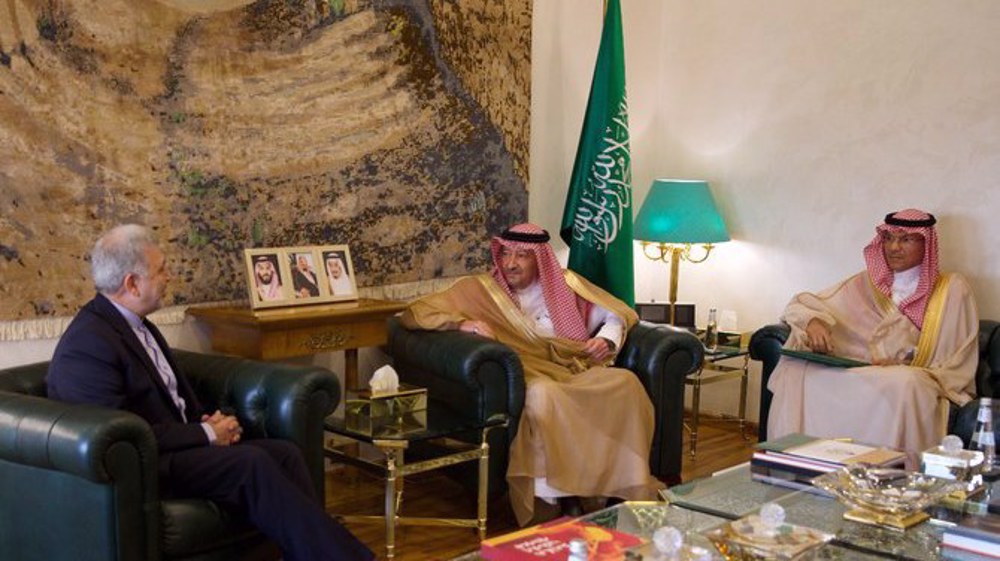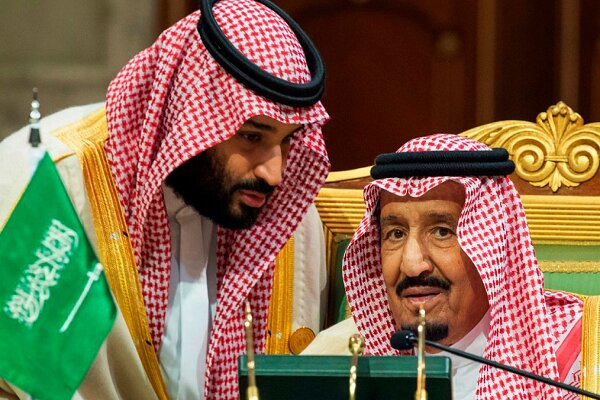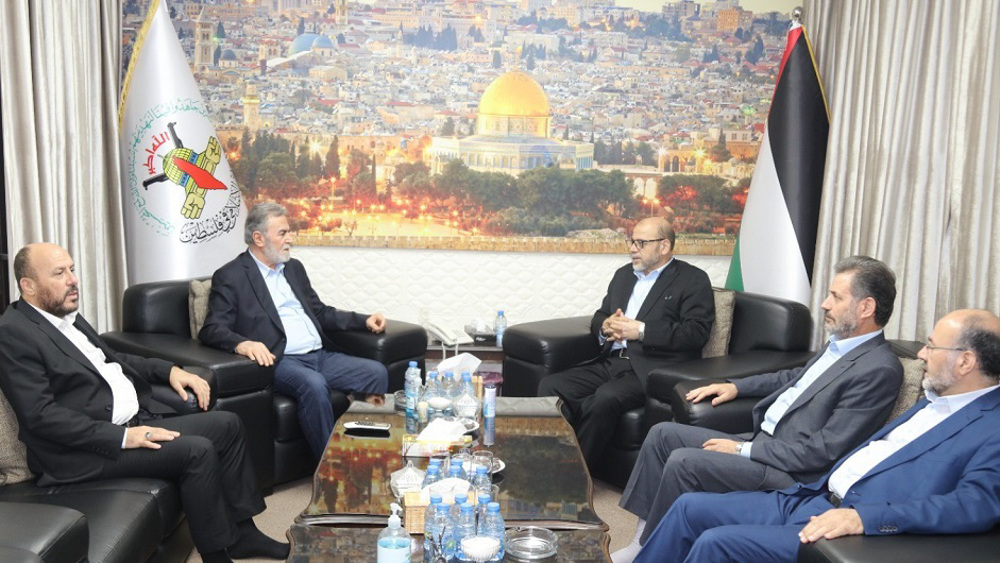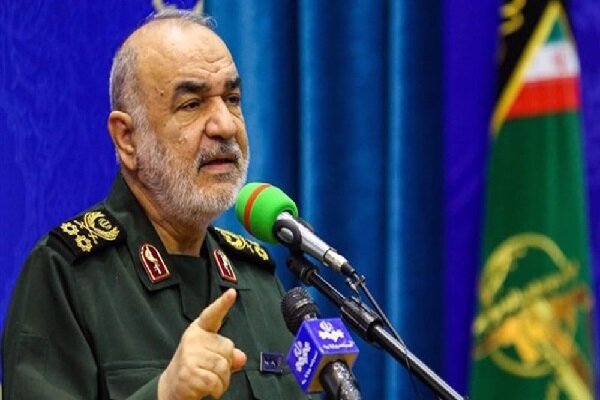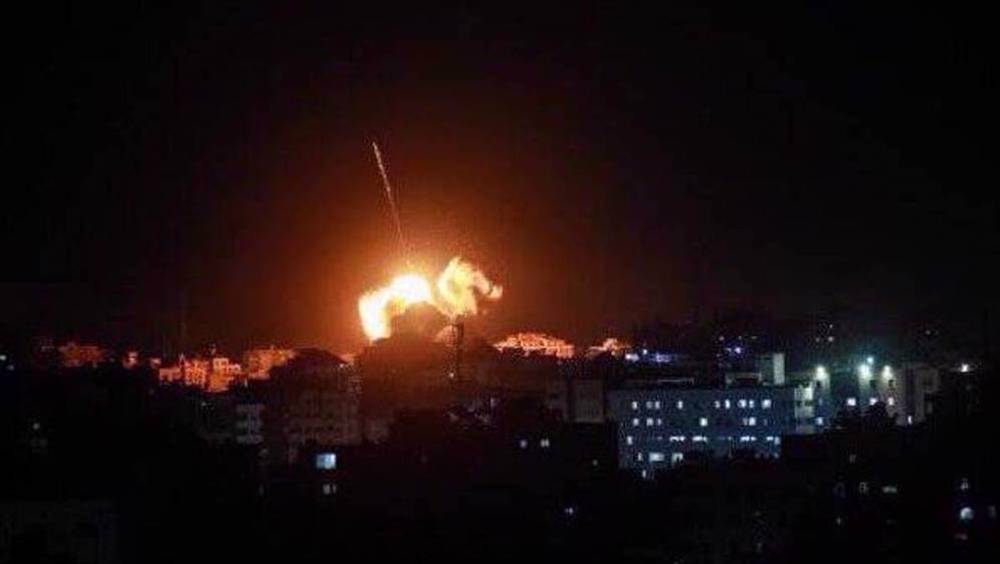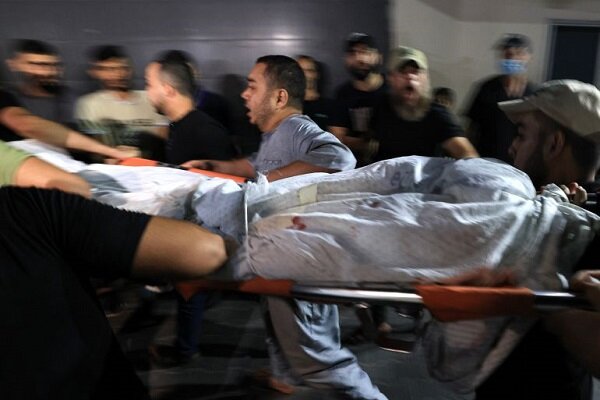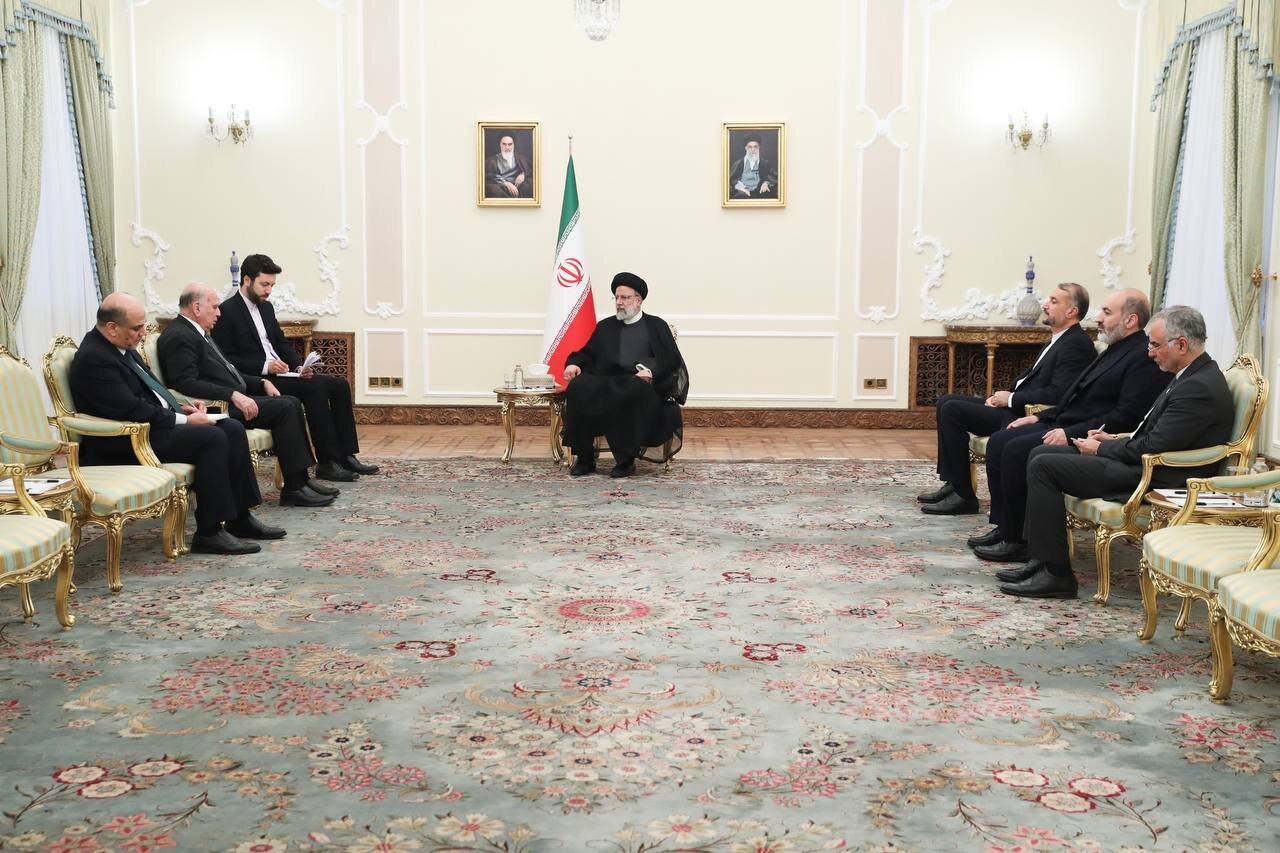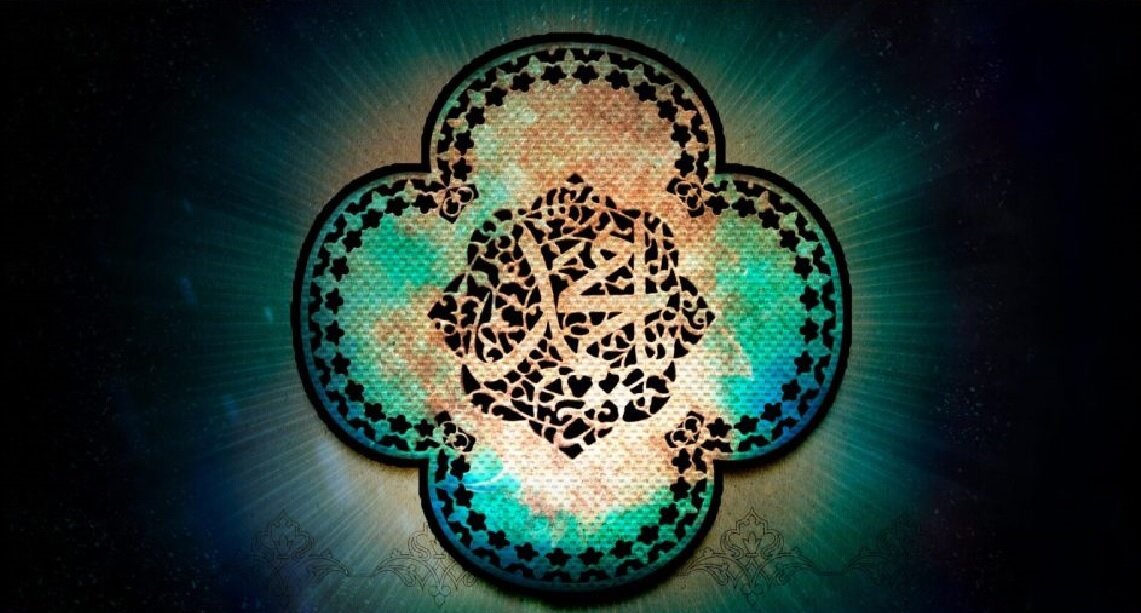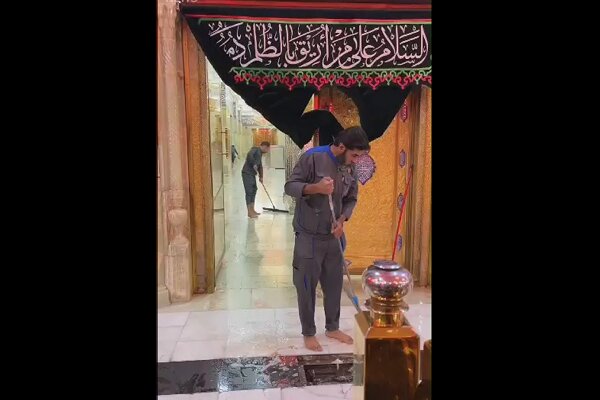Muslims in Iran and other countries around the world hold rituals on Thursday to mourn the anniversary of the demise of Prophet Muhammad (PBUH) and the martyrdom of his grandson, Imam Hassan al-Mojtaba (PBUH). This year, the sad occasion falls on September 14.
Muslims attend the mourning ceremonies in different cities of Iran, especially the ceremonies held at the holy shrines of Imam Reza (PBUH) and Hazrat Masoumeh (PBUH).
Millions of devotees of the Holy Prophet and the Infallible Imams from across the country, as well as a large number of foreign pilgrims, gather in the northeastern Iranian holy city of Mashhad to hold mourning ceremonies.
Prophet Muhammad the last prophet and messenger of God
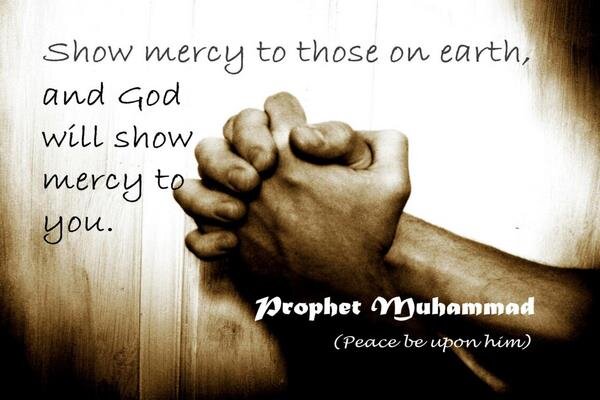
Prophet Muhammad (PBUH) was born in a society gripped by violence, ignorance, and sexual and social discrimination. He was viewed as the savior who became a beacon of hope for those oppressed by the powerful.
Islam’s Prophet continues to win the hearts of Muslims across different generations, who remember him as the prophet of mercy. Muslims mourn his demise, but celebrate his legacy of humanity and equality.
The Prophet of Islam passed away at the age of 62 in Medina, located in Saudi Arabia. This year’s passing anniversary falls on September 14, since the Islamic calendar is based on lunar months.
Prophet Muhammad (PBUH) was born around 570, AD in Mecca. His father died before he was born and he was raised first by his grandfather and then by his uncle. He came from a poor but respectable family that was a member of the Quraysh tribe. The family was active in Meccan politics and trade.
In time, Muhammad earned a reputation as honest and sincere, acquiring the nickname “al-Amin” meaning faithful or trustworthy.
Soon, Muhammad (PBUH) began to gather a small following, initially encountering no opposition. Most people in Mecca either ignored him or mocked him as just another prophet. However, when his message condemned idol worship and polytheism, many of Mecca’s tribal leaders began to see Muhammad and his message as a threat.
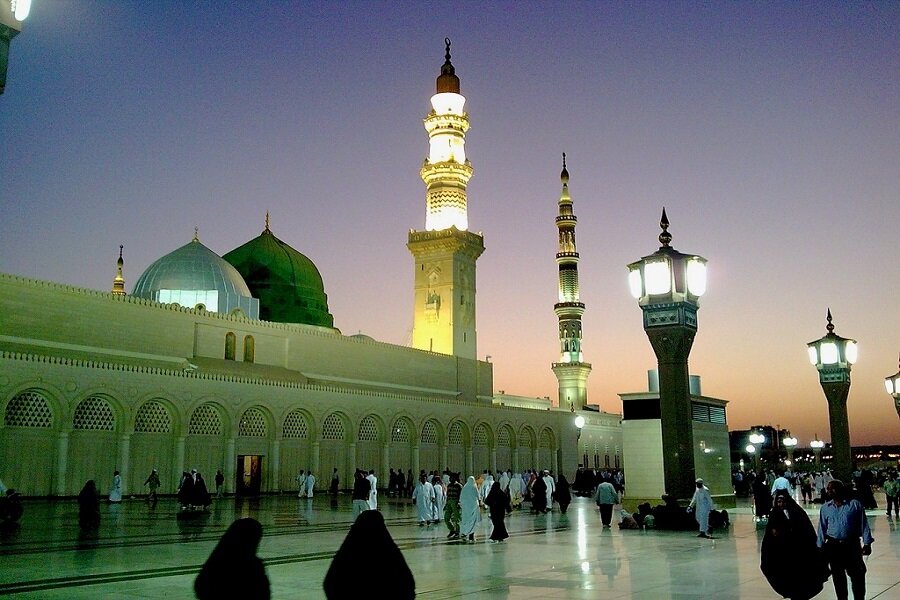
Besides going against long-standing beliefs, the condemnation of idol worship had economic consequences for merchants who catered to the thousands of pilgrims who came to Mecca every year. This was especially true for members of Muhammad’s own tribe, the Quraysh, who were the guardians of the Kaaba. Sensing a threat, Mecca’s merchants and leaders offered Muhammad incentives to abandon his preaching, but he refused.
Increasingly, the resistance to Muhammed (PBUH) and his followers grew and they were eventually forced to emigrate from Mecca to Medina, a city 260 miles to the north in 622. This event marks the beginning of the Muslim calendar. There Muhammad (PBUH) was instrumental in bringing an end to a civil war raging amongst several of the city’s tribes. Muhammad (PBUH) settled in Medina, building his Muslim community and gradually gathering acceptance and more followers.
Islam is now the fastest-growing major religion in the world. The US-based Pew Research Center predicts that Islam will be the world’s largest religion by 2075.
Imam Hassan Mujtaba (AS)
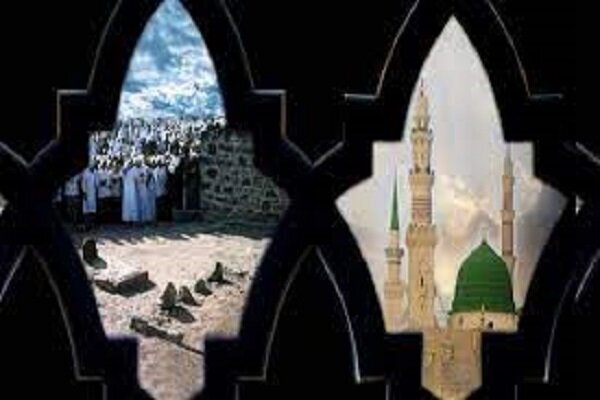
Imam Hassan Mujtaba (AS) was the second Imam. He and his brother Imam Hussein were the two sons of Imam Ali and Hadrat Fatimah, the daughter of the Prophet.
The Prophet (PBUH) often said, “Hassan and Hussein are my children.” Because of these same words, Imam Ali would say to his other children, “You are my children and Hassan and Hussein are the children of the Prophet.”
Imam Hassan was born in the year 3 A.H. in Medina and shared in the life of the Prophet for over seven years, growing up during that time under his loving care.
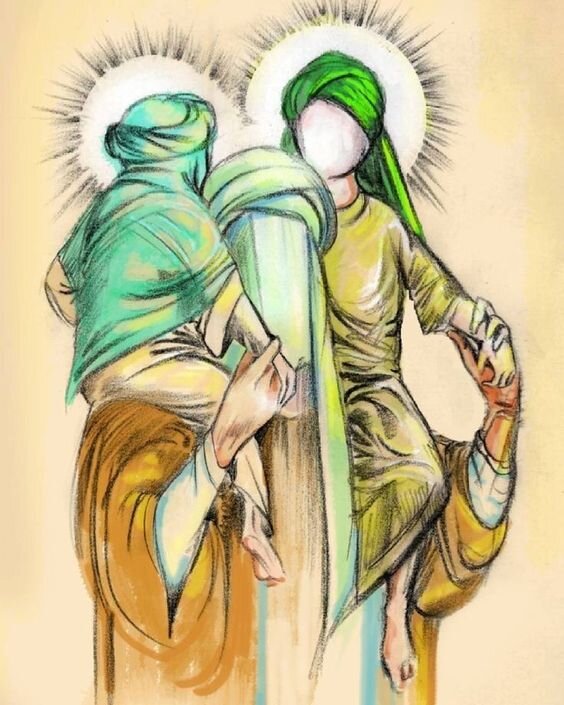
After the demise of the Prophet (PBUH), Imam Hassan was placed directly under the care of his noble father. After the demise of his father, through Divine Command and according to the will of his father, Imam Hassan became Imam; he also occupied the outward function of caliph for about six months, during which time he administered the affairs of the Muslims.
During that time Muawiya, who was a bitter enemy of Ali and his family and had fought for years with the ambition of capturing the caliphate, first on the pretext of avenging the death of the third caliph and finally with an open claim to the caliphate, marched his army into Iraq.
War ensued during which Muawiya gradually subverted the generals and commanders of Imam Hassan’s army with large sums of money and deceiving promises until the army rebelled against Imam Hassan.
Finally, the Imam was forced to make peace and to yield the caliphate to Muawiya, provided it would again return to Imam Hassan after Muawiya’s death and the Imam’s household and partisans would be protected in every way.
In this way, Muawiya captured the Islamic caliphate and entered Iraq. In a public speech, he officially made null and void all the peace conditions and in every way possible placed the severest pressure upon the members of the Household of the Prophet and the Shi’ah. During all the ten years of his imamate, Imam Hassan lived in conditions of extreme hardship and under persecution, with no security even in his own house.
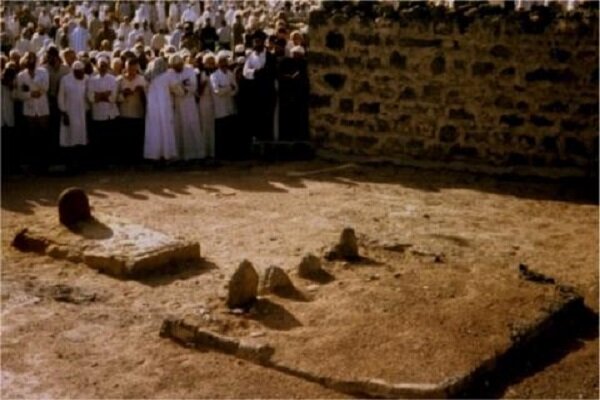
In the year 50 A.H. he was poisoned and martyred by one of his own household who, as has been accounted by historians, had been motivated by Muawiya.
In human perfection, Imam Hassan was reminiscent of his father and a perfect example of his noble grandfather. As long as the prophet was alive, he and his brother were always in the company of the Prophet who even sometimes would carry them on his shoulders.
Both Sunni and Shiite sources have transmitted this saying of the Holy Prophet concerning Imam Hassan and Imam Hussein, “These two children of mine are Imams whether they stand up or sit down” (an allusion to whether they occupy the external function of the caliphate or not).
As the ingredients of the characters of the two Imams were the same, they were singular in their behavior, march, steps, and goals, which were Islamic in their entirety.
The excellent preparation which was provided for the grandson of the Holy Prophet (pbuh), helped his spiritual entity to sublimate. His closeness to Allah and his attachment to Him was a source of awe and respect.
Imam al-Sadiq (as) said, “Hassan bin Ali (as) was certainly the truest worshipper, an ascetic and merited man among the people of his time.”
Reported by Amin Mohammadzadegan Khoyi
